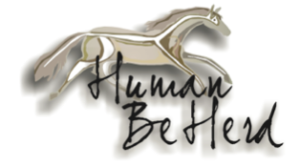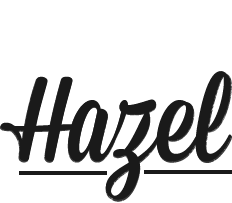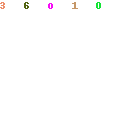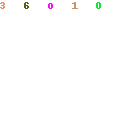
Equine Facilitated Wellness practitioners partner with horses to support self development in people. The horses are regarded as sentient beings with dignity and wisdom all their own. The facility and exercises are set up in such a way that the horses are able to communicate their preferences, desires and offerings. They are truly, co-facilitators of the work.
I’m often asked, “What kind of people come to you?” “Anyone interested in experiencing greater authenticity, connection, intimacy and joy.” is my reply. I have a friend who comes to the horse work so she can receive input about and experience herself from somewhere other than her own mind or other people.
We teach and practice different skills to communicate non-verbally with the horses, through listening to your own body; connecting consciously through space, using breath, movement and stillness; and are encourage you to create positive, meaningful stories out of the interactions and experiences you have with the horses.
Scientific research has revealed that over 90% of language is non-verbal. Non-verbal language is not just the language of gesture and posture. Scientists are aware of many different ways our bodies are communicating with other bodies and the environment around us below the level of cognition, from bio-photonic emissions, to electromagnetic fields and the phenomenon of interpersonal contagion of biochemistry and emotions
Research has shown that the memory of trauma is stored in our cells and tissues as well as in our minds. EFW is experiential, somatic learning and horses are excellent at restoring balance and harmony. Because our approach to the horses is physical in nature and experiential in practice, a more holistic healing can take place.
Horses are able to support healing so effectively because our defense mechanisms aren’t triggered the same way they are with other people or when language is involved. We can sense the horses’ lack of intention to judge, fix or teach. So, we’re more open to perceiving the horse’s response to us as information about ourselves.
Many of the tools we teach in the Eponaquest Method are based on horse wisdom, how horses interact with other horses. For example, we model our 4 step process for dealing with emotions on the behaviour of horses. We also look to how horses organize non-hierarchical leadership to inform our models of leadership. Most significantly, we look to sensations in our own bodies as information and develop a way of dialoguing with the sensations, accessing non-rational intelligence and a felt sense of knowing. Finally, we believe that “everything is about relationship”.






